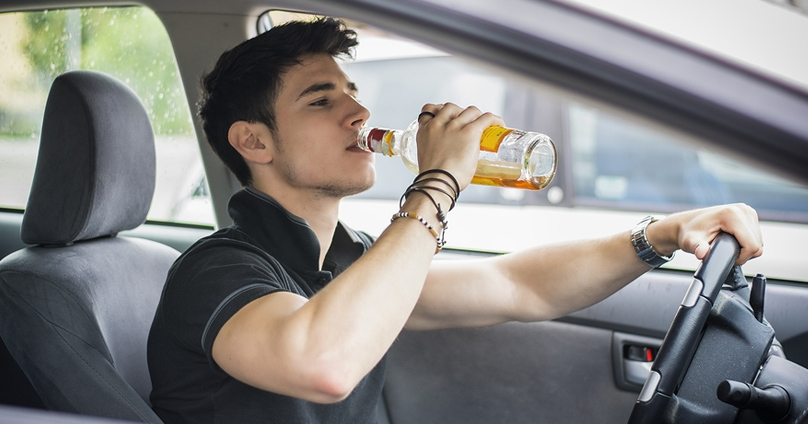For the most part, DUI or DWI are undistinguishable terms that represent the criminal crime of operating (or in some jurisdictions merely being in physical control of) a motor car while being under the influence of alcohol, drugs or a mixture of both. All states in the U.S. elect a per se blood or breath alcohol level as the edge point for a self-governing criminal offense. A second criminal offense of driving "under the influence" or "while reduced" is also usually charged in most states, with a lenient presumption of guilt where the person's BAC is 0.08% or greater (units of milligrams per deciliter, on behalf of 8 g of alcohol in 10 liters of blood). Some states (e.g., Colorado) include a lesser charge, sometimes mentioned to as driving while ability impaired that may apply to persons with a 0.05% or above, but less than the 0.08% per se boundary for the more serious charge. Wisconsin, however, is the only state that continues to regard first crime drunk driving arrests as a forfeiture. The amount of alcohol consumption to reach a BAC of 0.08% may contrast with the individual's body composition and state of health. Prior to increased stress on drinking and driving in the 1980s, standards of 0.10%-0.15% were in place. The legal limit for profitable drivers in New York is set at 0.04%.

There are several circumstances in which the officer will come into contact with a driver, some samples are:
The driver has been involved in an vehicle accident, the officer has responded to the scene and is leading an investigation.
The driver has been stopped at a abstinence checkpoint (also known as roadblocks).
The police have received a report, possibly from an nameless citizen, that a described car has been driving unpredictably. The officer should verify the erratic driving before dragging the driver over. In some cases, the driver will no lengthier be in the vehicle.
The officer on patrol has saw erratic, suspicious driving, or a series of traffic breaches indicating the possibility that the driver may be reduced. This is by far the most common cause for stopping a suspicious.
A police officer has stopped a vehicle for a lesser traffic crime, notices the signs of drunkenness, and begins the DUI investigation.
The following list of DUI indications, from a journal issued by the National Highway Traffic Safety Administration (DOT HS-805-711), is widely used in training officers to notice drunk drivers. After each symptom is a percentage figure which, according to NHTSA, indicates the arithmetical chances through research, that a driver is finished the legal limit.
Copyright © alhudalawassociates.com. All Right Reserved
developed by-alhudacreative.com